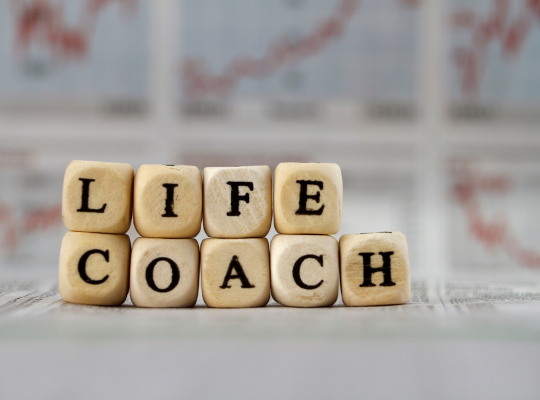A worldview or self-perception that restricts you in any way is called a limiting belief. These beliefs, in which you constantly raise false accusations against yourself, might have a number of negative outcomes.
This influences our behavior and how we interpret events, whether they stem from fears or just our conceptions of how the world operates. This negative self-talk can prevent us from attempting or harming our relationships and efforts.
What causes limiting beliefs?
Family principles and values before you were even aware of it, your parents and other family members began to instil certain ideas and beliefs in you. They might be about specific hobbies, musical preferences, or career paths. Over time, you develop your own set of limiting ideas that are partially influenced by your family.
experiences in life Every experience you have in life leaves you with a memory. What you decide to do in the future is determined by the conclusions that you make from your experiences.
Education Your worldview is influenced by the people you learn from, whether they are professors, relatives, or friends. You take in information and beliefs when someone’s job is to impart them.
Three types of limiting beliefs are often present:
Limiting self-perceptions that give you the impression that something is fundamentally wrong with you prevents you from doing something.
Limiting worldviews that give you the impression that nothing is possible and that no one will let you.
Having limiting life views that give you the impression that something is too difficult for you to do.
Some of the most prevalent self-limiting ideas that prevent us from moving forward are I don’t have the necessary resources, I lack the necessary strength, and I am unworthy of love.
Reasons for self-doubt are,
- Past mistakes and experience
- family upbringing
- Comparative Analysis
- New Obstacles
- Fear of Success / Fear of Failure
How to Get Rid of Self-Doubt?
Show Self-Compassion
Keep in mind that we are all human. If you feel the self-doubt then you have to pick yourself up all the time and have self-compassion because having self-doubt is preventing you from making a leap in your job or another area of your life. It’s acceptable to make mistakes because we all do them occasionally.
Keep in mind your prior successes
It is beneficial to think back on specific accomplishments where something difficult for us resulted in something wonderful. Many accomplishments start with initial uncertainty or doubt. Because the same thing may occur right now, it helps to remind ourselves of the occasions when things have gone well.
Avoid comparing yourself to others
It might be a debilitating feeling to be plagued by self-doubt if you’re worried that you won’t achieve something as well as someone else. Each person has a unique journey and definition of success. No matter where we are in life.
Be Conscious of Your Thoughts
It might be difficult to recognize when negative thoughts begin to creep in since we are so accustomed to having them. Imposter syndrome is based on these self-defeating ideas that we are unworthy of the jobs we have or that we won’t do high-quality work.
Spend Time with Positive people
The people in our lives—friends and family—who have faith in us and know how much we are capable of supporting us at all times. Whenever you’re experiencing self-doubt, be among these people. When you don’t feel good about yourself, they might serve as a reminder of your abilities and tenacity.
Look Within for Validation
While it’s wonderful to have affirmation from others that we are doing a good job or are capable of completing a challenging task, it’s equally crucial to have confidence in ourselves. If we still don’t have confidence in ourselves, no amount of affirmation will help.
Consider yourself the harshest critic
Would you have the same doubts about a friend starting a new profession or their parenting style as you have about yourself? The likely outcome is no. We will always be our own toughest critics. It’s a good reminder to stop being so hard on ourselves and instead treat ourselves with the same care and compassion that we do for others.
Determine Your Values
Consider your values and what is most important to you for a moment. It can be that you’re a good friend, a nice person, or that you make an important contribution to your life. The fear of judgment from others fades away when we understand these ideals and what is important to us.
Keeping a journal
Writing in a journal is usually a beneficial therapeutic activity. It could be a good relief to put your self-doubt or imposter syndrome experiences into writing. After writing down your worries, you can even conclude that they aren’t as harmful as you once imagined.
Look for expert assistance
If these feelings continue to the point where it becomes challenging for you to function in daily life, it might be helpful to consult a mental health professional for help overcoming self-doubt. Therapy can provide us with strategies to deal with thoughts of doubt and might make us feel understood.
To get over self-limiting ideas, frequent, deliberate effort is required. To keep them at bay, one must possess the same feeling of purpose. To remove any remaining obstacles to your achievement, make sure to take the time to recognize and deal with both the new and the old beliefs that surface.
Your life can be altered by limiting beliefs, but not necessarily for the better. They foster self-awareness that prevents you from pursuing your goals, developing positive relationships with others, and bringing about change in any aspect of your life.





